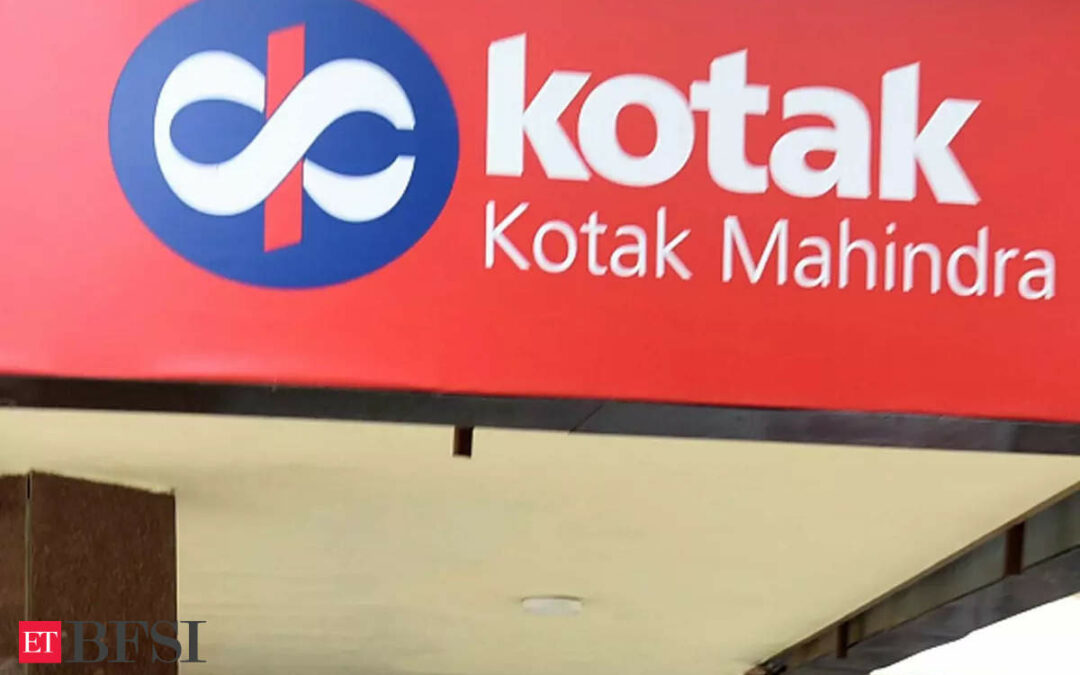Upholding a tax settlement commission’s order that gave immunity to Kotak Mahindra Bank from prosecution and penalty for non-disclosure of lease rental income under the Income Tax Act, the Supreme Court ruled that scrutinising reasoned orders “may erode the confidence of the bonafide assesses” and also lead to a multiplicity of litigation.
Setting aside the Karnataka High Court order that remanded the matter back to the commission to decide on the immunity from penalty and prosecution in the Kotak Mahindra Bank’s case (formerly ING Vysya Bank), a Bench comprising justices BV Nagarathna and Ujjal Bhuyan said that frequent interference by courts in disputes before such commissions could erode the confidence of the assesses who decide to approach settlement commissions.
“Having regard to the legislative intent, frequent interference with the orders or proceedings of the Settlement Commission should be avoided … The High Court should not scrutinize an order or proceeding of a Settlement Commission as an appellate court. Unsettling reasoned orders of the Settlement Commission may erode the confidence of the bonafide assessees, thereby leading to multiplicity of litigation where settlement is possible. This larger picture has to be borne in mind,” it said.
“The high court ought not to have sat on appeal as to the sufficiency of the material and particulars placed before the commission, based on which the commission proceeded to grant immunity from prosecution and penalty,” the bench said in the case of Kotak Mahindra Bank.
“There is no straight jacket formula that would universally apply in every case. Where the Commission is satisfied that the applicant (a) has made full and true disclosure of his income and the manner in which such income was derived, and (b) has 34 co-operated with the Commission in the proceedings before it, immunity under Section 245H may be granted,” the apex court said, while agreeing with the commission’s decision to grant the bank immunity from prosecution and to waive of the payment of penalty otherwise due from the bank.
Settlement Commissions are alternate dispute resolution mechanisms for taxpayers seeking to resolve disputes related to tax and excise matters.
In 2000, an Assessing Officer had levied a penalty on the bank for concealing its lease rental income. The bank moved a tax settlement commission and sought a determination of its taxable income. While the commission pegged the additional income due from the bank at over Rs 196 crore, it granted the bank immunity from penalty for cooperating with the proceedings and making full disclosure.
On appeal by the department, the HC upheld the settlement commission’s order on tax liability. However, it asked the settlement commission to reconsider the question of immunity from penalty and prosecution.










